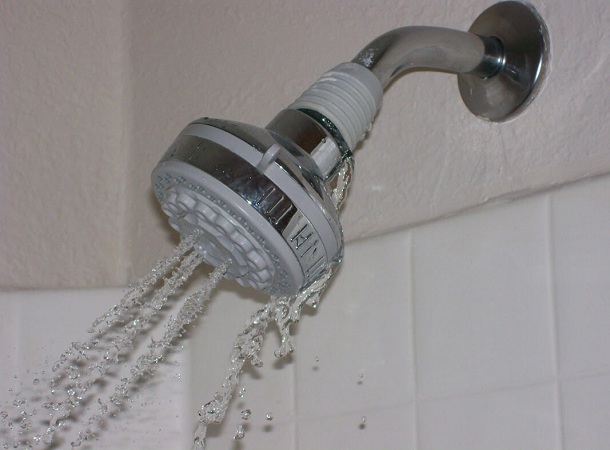There’s no time to waste if your shower base is leaking. Repairs must be made as quickly as possible to avoid water damage to your home’s substrate and surrounding framework. When it comes to fixing leaks in your shower base, consider the following suggestions. Cracked tile grout and weakened sealants are two of the most typical causes of shower bases leaking.
As the seasons change, houses naturally expand and contract, causing the grout between your tiles to deteriorate. In certain circumstances, less expensive sealants like silicon can peel, enabling water to flow below. You don’t have to replace all of the tiles in your leaking shower floor to fix it, but you will need to remove the old grout.
A grout saw is one of the most necessary instruments for this work. Micro saws start at a few bucks, and you can work your way up to an oscillating tool with a little less elbow grease. After you’ve removed all of the old grout, let the area dry completely before adding fresh grout. Today’s grouts come in a variety of colors and some are also flexible, reducing the risk of cracking. Also, select the best shower waterproof sealant with a low absorption rate.
The first step in determining whether the leak is coming from your shower floor is to clean it and allow it to dry fully. After that, cover the drain with high-quality duct tape. Drainage should be covered by at least six inches on all sides. You’ll need to switch to another water source, such as a hose or water from another bathroom.
Fill a bucket halfway with water and use it to fill the shower. You’ll want to fill it up until the water level reaches the threshold level. You should be able to rule out the possibility that the leak is coming from the shower plumbing by using water from another source. You’ll want to let your shower rest once it’s been filled with water. You could observe water on the ceiling or in the basement crawl area, depending on where your shower floor is.
If you see a leak here, it’s conceivable that the issue is with your shower’s foundation, and you’ll need to get an expert to fix it. If there are no symptoms of a leak after 15 minutes, the issue is not with the shower floor. This suggests that if you’re willing to put in the effort, you might be able to fix the problem yourself.
Now that you know why your shower is leaking, do the tests we recommended to find the source of the problem. It’s either a water supply leak or a leak from the drain, faucet, cracked shower base, or walls. Don’t put it off any longer; call a plumber right once to remedy the situation before it becomes worse.
Megagrout MG11, for example, has a 0.0001% absorption rate, making it more waterproof than ceramic or vitrified tiles. After you’ve rerouted your tiles, let them dry completely before applying a sealant to the entire shower unit. This will assist to prevent any additional leaks and prevent water from seeping through any little gaps you may have overlooked. If you don’t feel sure in your ability to do your shower repairs yourself, hire a skilled expert.
The most essential advantage of hiring a professional is that they can identify any additional damage to your property, such as water escaping beneath the tiles, and guarantee adequate sealing. A good expert may be in and out in a day or two, and your shower should be ready to use the next day after they’ve finished their job.

